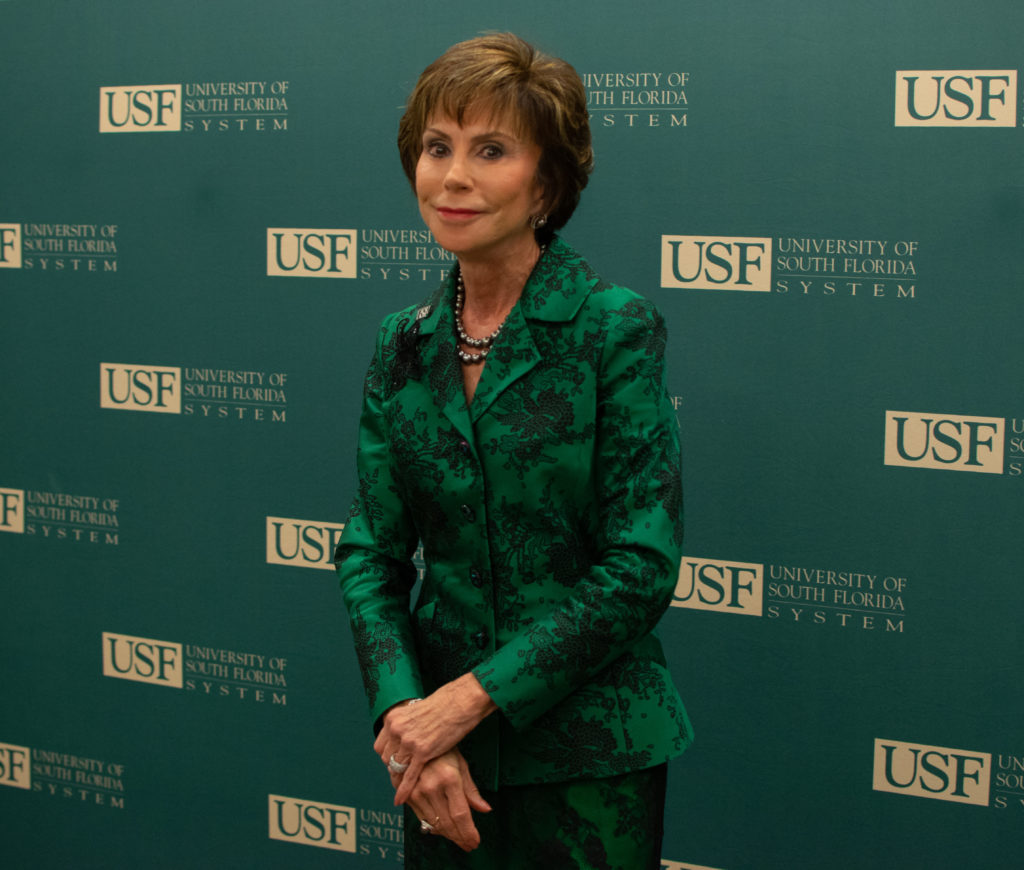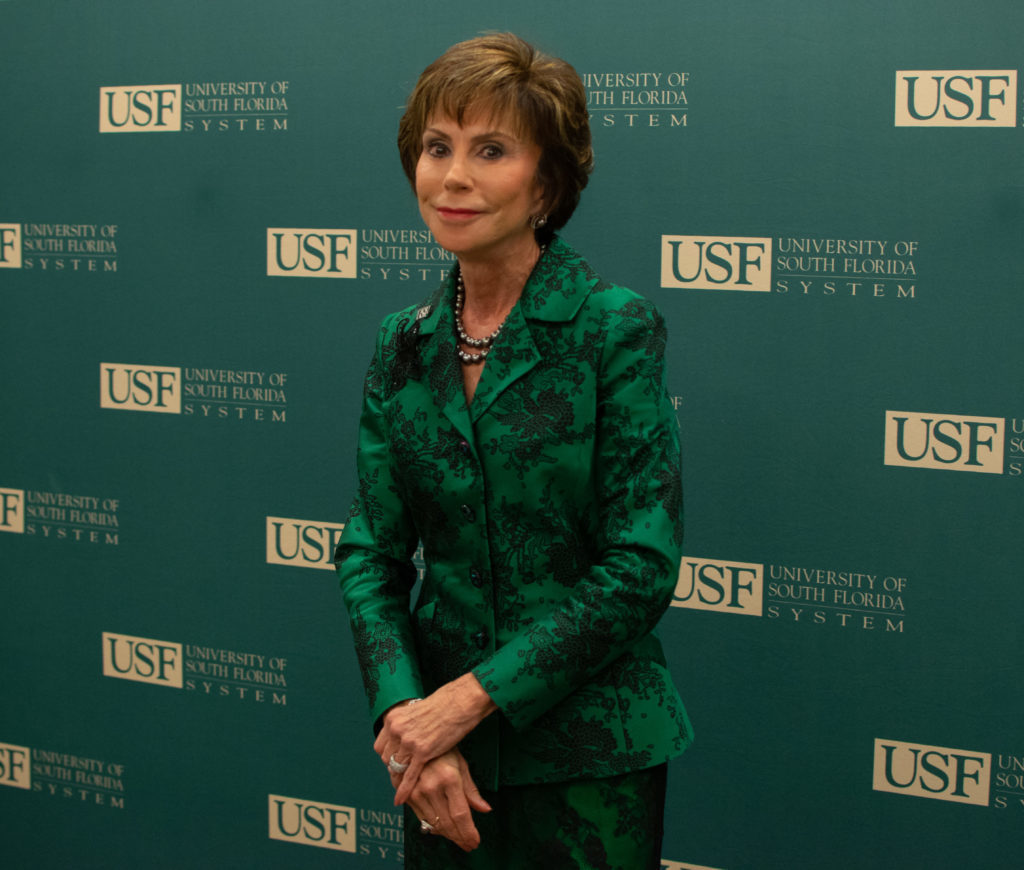
By Nancy McCann
The USF Board of Trustees will be asked on March 5 to approve a plan and timetable to consolidate the three campuses of the university system.
The 810-page proposed plan says “a strong community desire has been expressed” for USF St. Petersburg and USF Sarasota-Manatee to become branch campuses under consolidation.
It also says that USF system President Judy Genshaft and the trustees have “expressly stated their support for USFSP and USFSM as branch campuses.”
But it doesn’t say that these branch campuses should be defined using the criteria of the Southern Association of Colleges and Schools Commission on Colleges, the regional agency that accredits higher education institutions in the South.
That distinction is crucial.
Under SACSCOC criteria, branch campuses have their own budgetary and hiring authority and their own faculty and administrative organization.
The only alternative under the accreditation umbrella is becoming an instructional site with little control over campus identity – an unacceptable outcome to supporters of the St. Petersburg campus.
Without a clear definition of what a branch campus is, the proposed consolidation plan leaves the administrative structures of USF St. Petersburg and USF Sarasota-Manatee up in the air.
“Important determinations are still under review, including the level of authority on each campus of a Preeminent and consolidated USF,” according to the lengthy consolidation plan awaiting the trustees’ approval.
“Over the next few months, the BOT (Board of Trustees) will be engaged in conversations with the BOG (state Board of Governors), the Legislature, Governor and other stakeholders to design an administrative structure that serves all USF students and faculty, meets local workforce needs, and ensures accountable and preeminent performance across all campuses.”
The plan assigns a Nov. 1 target date for this important decision to be made.
The Consolidation Task Force, which was created by the Florida Legislature to advise the trustees on consolidation, explicitly recommends that St. Petersburg and Sarasota-Manatee become branch campuses as defined by SACSCOC.
But Genshaft has equivocated on that. She told the trustees at their last meeting that examples need to be studied that are “somewhere in-between” a branch campus and an instructional site.
On Feb. 22, the Tampa Faculty Senate did not equivocate.
In a biting memo, it urged the trustees to reject the task force’s recommendation on branch campuses. Giving the two smaller campuses that much independence would “threaten USF’s preeminent status,” the Tampa senate said.
Showing unusual collaboration, the faculty senates from St. Petersburg and Sarasota-Manatee responded on Feb. 28.
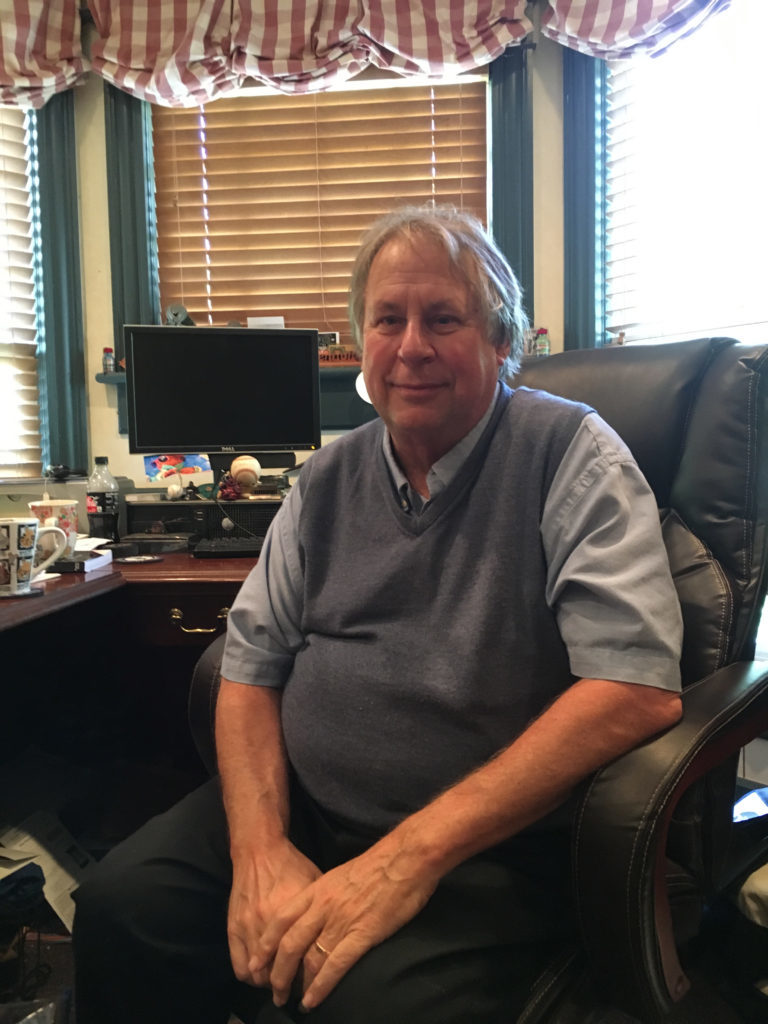
They sent a joint statement to the trustees saying they “believe we are best positioned to contribute to USF” as branch campuses defined by the regional accrediting agency.
“We have enjoyed close and longstanding connections with our local communities, donors, and students, and we believe that maintaining some degree of campus autonomy is essential to our ability to serve their needs,” wrote Ray Arsenault, the president of the St. Petersburg senate, and Mike Gillespie, his counterpart at Sarasota-Manatee.
The tone of their statement was mild compared to the initial reactions of Arsenault and Karen Holbrook, USF Sarasota-Manatee’s regional chancellor, when they learned of the Tampa senate’s memo.
Arsenault called it “condescending and ultimately insulting” and Holbrook said it was “demeaning to our faculty.”
Meanwhile, the Student Government at USF St. Petersburg released a statement on March 1 that echoes the sentiment of the St. Petersburg faculty.
“The recent letter sent by the USF Tampa Faculty Senate was willfully ignorant and unfortunately represented another example of where faculty members can fail to work in the best interest of the students,” wrote Senate President Tiffany Porcelli, Student Body President Daniel “Kaeden” Kelso and Chief Justice Nisuka Williams.
“As current representatives of the students, we understand that the needs of students and faculty do not always align.
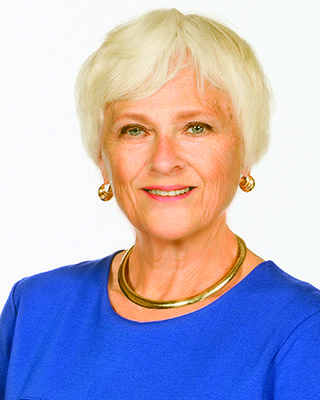
“However, the University System has the principal responsibility of educating and supporting the next generation of leaders in the State of Florida, and to accomplish this, USFSP must be a branch campus.”
The back-and-forth about branch campuses primarily centers on Tampa’s concerns about meeting the metrics that have made USF Tampa a “preeminent state university” entitled to extra state funding each year from the Legislature.
The proposed consolidation plan says that, once St. Petersburg and Sarasota-Manatee are included in the annual calculation of metrics, they could jeopardize the university’s standing on five of the 12 yardsticks.
Two of the biggest worries are the graduation rate and retention rate, the percentage of first-time-in-college freshmen who remain at the university the next year.
The proposed consolidation plan says the USF system “falls just short” of the retention and graduation standards when St. Petersburg and Sarasota-Manatee are added to the mix, while Tampa on its own “already meets the required preeminence standards of a 60 percent 4-year graduation rate and a 90 percent freshmen retention rate.”
At a Feb. 26 campus forum, Martin Tadlock, USF St. Petersburg’s regional chancellor, told faculty that St. Petersburg’s fall-to-fall retention rate dropped 4 percentage points to 74.9 percent from 2017 to 2018, but had climbed 10 percentage points from the previous year.
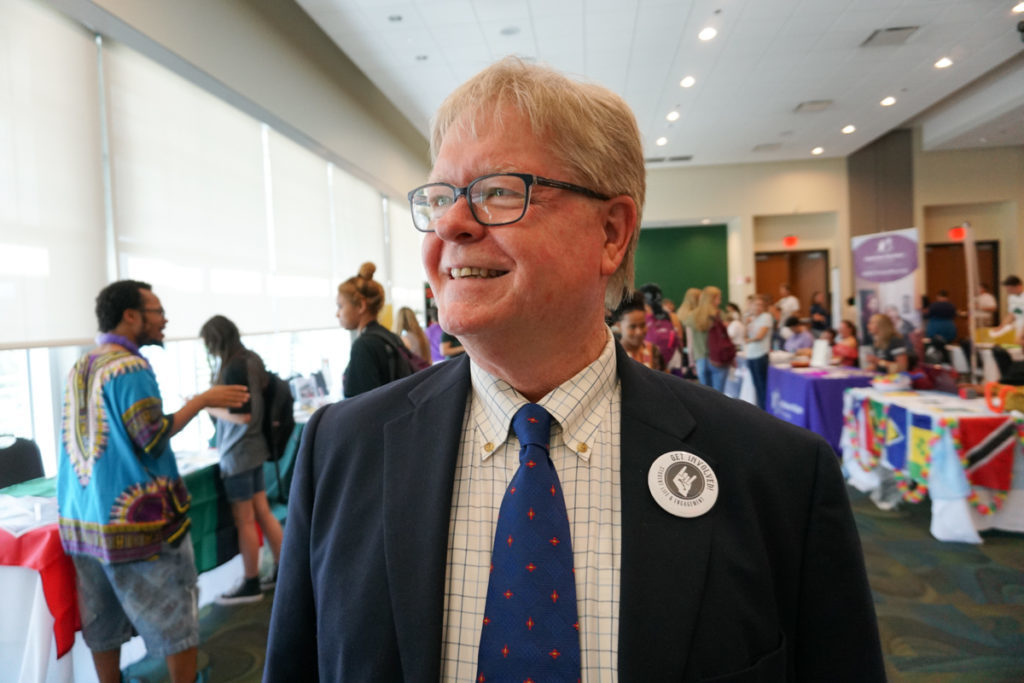
Tadlock said he will be making a presentation to the trustees on March 5 to describe several initiatives already underway to significantly increase freshman retention.
Meanwhile, still lurking in the consolidation debate is another key player – the Florida Legislature.
State Rep. Chris Sprowls, R-Palm Harbor, the chair of the powerful House Rules Committee, and Bill Galvano, R-Bradenton, the president of the Senate, have praised the work of the Consolidation Task Force and its call for strong branch campuses.
Legislation filed in both houses last month stipulates that St. Petersburg and Sarasota-Manatee will become “branch campuses” under consolidation. But the term “branch campus” is not defined.
By law, the USF Board of Trustees must adopt and submit a consolidation implementation plan and timeline to the Board of Governors of the State University System of Florida no later than March 15.
The March 5 meeting of the trustees, which will include consideration of the plan, is scheduled for 9:30 a.m. at the Tampa campus in the Marshall Student Center.
Read Student Government’s full statement below:
Since January 2018, when the proposal for the USF system consolidation became public, our student body has been concerned, confused and fearful of the unknown. As the work of the Consolidation Task Force has come to a close, a number of our campus and community leaders have addressed this issue directly. In light of recent comments, we feel that it is necessary to speak clearly and definitely on this issue.
We have solicited feedback from the students we represent, with the most consistent concern being the ability of the campus to retain and expand its unique role in the USF System. Recently the USF Consolidation Task Force submitted a number of recommendations that represent the several months of research focused on community and campus input. The student’s voices must be heard. USFSP must be a branch campus. As USFSP plays a unique role in the USF System, its individuality is something that cannot be replaced or eliminated. The culture of the campus, its sense of community and belonging, and the diverse student opportunities cannot be compromised.
The recent letter sent by the USF Tampa Faculty Senate was willfully ignorant and unfortunately represented another example of where faculty members can fail to work in the best interest of the students. As current representatives of the students, we understand that the needs of students and faculty do not always align. However, the University System has the principal responsibility of educating and supporting the next generation of leaders in the State of Florida, and to accomplish this, USFSP must be a branch campus.
To that end, we thank the academic leadership of USFSP and USFSM, who have worked closely with current and recent Student Government Administrations. They have worked in the best interest of the students, and among them we recognize Former and Current Faculty Senate Presidents Debra Sinclair, Ray Arsenault and Deanna Michael. Special Consideration is also due to the Dean of the Nelson Poynter Memorial Library, Catherine Cardwell, for her extensive work on the issue of textbook affordability.
Tiffany Porcelli
Senate President
Daniel “Kaeden” Kelso
Student Body President
Nisuka Williams
Chief Justice

